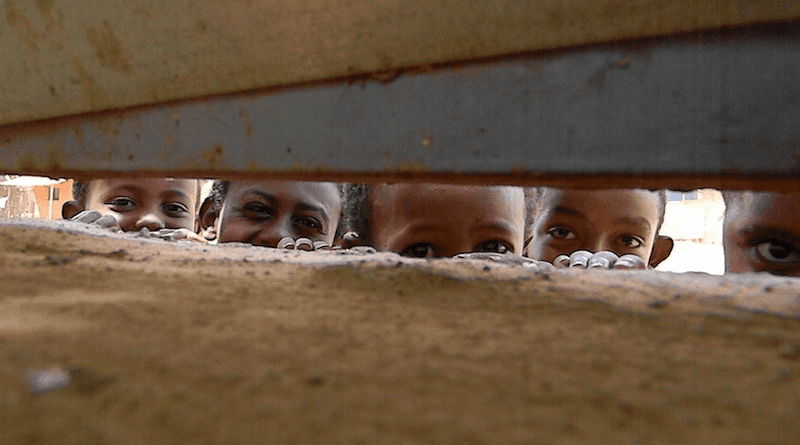The Horn Of Africa States: War, Peace And Stability – OpEd
The world is at war, although one would argue there is a Ukraine war. When big countries are on opposite sides of an issue and are not ready to discuss and settle related matters of the war among themselves, and each stays as stubborn as a cow on its side, then only disaster follows. At least there is a new era of geopolitics, which affect nearly every other country in the world, of course, some more than others.
The Horn of Africa States region cannot, therefore, be spared of the current realignment of nations in this confrontation, which is now entering its second year. As strategic as it is, the Horn of Africa also owns its own internal problems, no longer an issue of one country against another, but internal problems of each country within its own borders, a recipe which allows others warring over distances away, to come to the region to eye each other eyeball to eyeball, to aggravate internal problems of the region.
The Horn of Africa States region, as is known straddles the Suez Canal, the Red Sea, Bab El Mandeb, Gulf of Aden, the Somali Sea and the Indian Ocean waterway, an important maritime route for global trade and shipping. It is also the source of the Blue Nile which provides most fresh water to Sudan and Egypt and now the GERD which is on the Blue Nile. These assets of the region are exposed to rivalries among other nations that need them, and it is perhaps time that the Horn of Africa States, reflected on and moved cautiously in these troubled times.
This poses a new impetus on the leadership of the region on how to address issues of security, peace and stability in the region along with its long-standing issues of droughts and famines, development, settling of tribal and ethnic rifts within the countries, other social rifts and in general economic progress. These are uncertain times and the region’s leadership must prepare to work on unsettled times, which not only aggravate the region’s own problems but which exposes it to the problems of other nations, some of them, the most powerful in the world today.
Head-to-head meetings among the leaders would probably be a good idea to start a long process where they can together face the issues of the region collectively. A country approach to the problems on the way would only complicate matters for each country, in a world where information and every move by one party is turned into weapons. A small problem in one corner of a country can easily become a country problem or a regional problem or even a world problem. We know of the Tigray issue, which is being settled slowly but surely and we know of the ongoing struggle against foreign-implanted religious zealots in Somalia and attempts by other nations to set up bases in the Horn of Africa States region, some already existing and others being tried.
The growing problems of other nations cannot be ignored. They could lead to undue pressures on food security in the region, already aggravated by natural forces in terms of climate change as well as other upheavals that would only worsen the current political disturbances of the region. We know the region is being pulled apart by other regions such as the East Africa Community which is wooing away Somalia from its natural region, the Horn of Africa States or attempts by other smaller nations to set up military and naval bases or even intelligence centers in the region. These problems are appreciable problems which if not stopped at the bud, can grow into major problems of the region. It is imperative that the leadership of the region pursue its own goals and objectives together to build peace and stability in the region and avoid repetition and/or continuation of the unnecessary wars of the last four decades.
The leadership of the region is often based only on the ruling parties, and the role of opposition parties are ignored. Opposition parties play significant roles in damaging development of the region for just opposing a ruling party for the sake of opposition. Just replacing a ruling party on the basis of ethnic/tribal basis is not a good idea in the first place. Sometimes, it is better for both the ruling parties and the opposition to work together for the betterment of the member countries or the region. Cooperation and collaboration are some of the ways to create peace and stability in the region and the states of the region should work together instead of against each other.
Under the uncertain world of today, cooperation among the countries of the region is probably the only way to peace and stability in the region, in addition to the ruling parties and opposition parties within each country also working together and not against each other for the betterment of each country. It is how wars of whatever nature can be avoided and peace and stability in the region can be assured.

